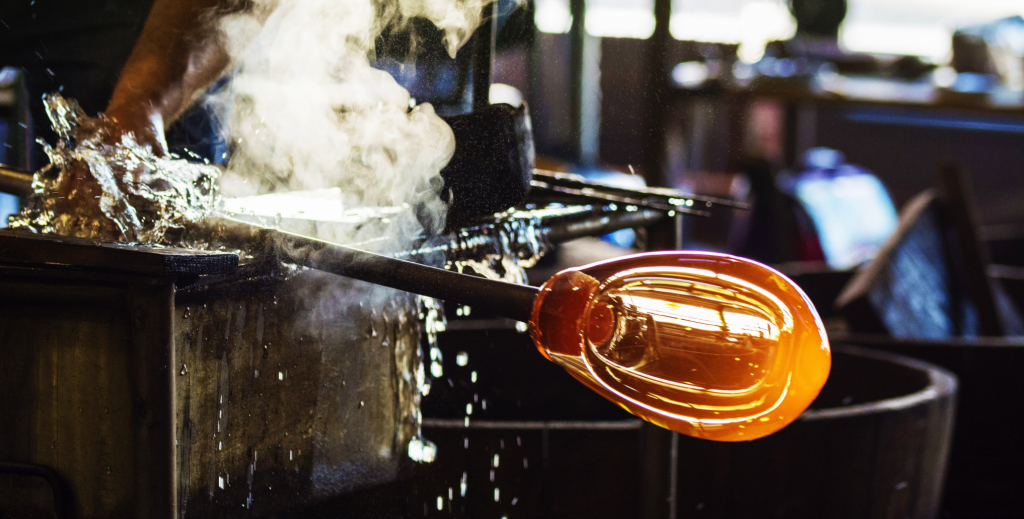One barometer for how well the Egyptian economy is performing is which cars are being assembled locally. Despite declining sales since 2015, the auto industry more than held its own during the year of COVID-19 and the government has accelerated its efforts to boost both production and investor interest.

In 2008, when GDP growth was 7.2 percent, the top two German carmakers were racing to locally produce top-of-the-line models and putting their most potent and costly engines in smaller vehicles. During the next five years, sales of passenger cars went from 160,000 to 273,500.
But after the foreign currency shortage in 2015 followed by the float of the pound a year later, sales sank to 126,431 units in 2019. One major automaker left the country and another cut assembly operations from five to two models, while the rest focused on budget vehicles.
The government, following the vision of President Abdel Fattah el-Sisi, has been looking to boost automotive manufacturing and sales since he took office in 2015. The overarching strategy focuses on increasing the number of locally manufactured parts in the final product. “We looked at many case studies of nations that built their automotive industries, before formulating our own plan,” said Nevine Gamea, minister of trade and industry, at a December conference. “There is a strong political will driving this strategy.”
Mixed outlook
In Egypt, one of the most surprising developments in 2020 was the resilience of car sales, which jumped 25 percent, according to the Automotive Marketing Information Council (AMIC). At the same time, imports rose 35.7 percent during the first 11 months, according to the Customs Authority Office in Alexandria. That came despite closing down vehicle registration offices for seven weeks starting March 19 and ongoing concerns over a second COVID-19 wave.
But sales figures show sales of locally assembled cars fell by 11.3 percent during the first nine months of 2020. Experts blame free-trade agreements with the EU, Morocco and Turkey that eliminated customs duties on imports. “That is a problem that local assemblers have been suffering from” since 2019, said Alaa El Sabaa of the Automotive Division in the Federation of Egyptian Chambers of Commerce. “When prices of imported cars are close to locally assembled ones, people prefer the former.”
With rising demand, imports are in short supply. “Auto shipments won’t recover to pre-pandemic levels until the middle of the decade,” said Bruce Clark, a Moody’s senior vice president, in September. That resulted in dealers marking up the prices of popular models for immediate delivery, Khaled Saad, secretary-general of the Automotive Manufacturers Association, told Masrawy in November.
Government takes lead
To promote sales of locally assembled cars, the government introduced the latest iteration of its 2019 Automotive Strategy, which awaits Parliament’s approval.
Few details of the strategy are known. Experts are unsure whether it will prioritize higher taxes on imported cars, exempting assembly parts from customs or incentives for carmakers to use more local components.
To promote sales in the short term, the Ministry of Trade and Industry announced that commercial vehicles and taxis 20 years old or more must be replaced with locally assembled units powered by natural gas. The Ministry of Finance expects to replace nearly 1.3 million cars during the initial phase. “Using natural gas is a critical pillar of the Automotive Strategy,” said Gamea at the December conference.
Meanwhile, the ministries of Military Production and Public Enterprises are preparing to produce Egypt’s first electric car. The former is already manufacturing electric buses.
The Ministry of Public Enterprises expects the first electric cars to roll off the Al Nasr Automotive assembly line by the end of this year. “Those are the cars of the future, as they do not emit any harmful gasses, thus protecting the environment,” Hisham Tawfik, minister of public enterprises, said in July. The aim is to build 25,000 a year, half the factory’s capacity.
Infrastructure opportunities
Another rising opportunity for domestic investors is charging stations for electric cars. In September, the government set the charging fee for electric buses at EGP 1 per kilowatt (KW) and passenger cars at EGP 1.89 per KW or EGP 3.75 for fast charging. A KW is roughly the equivalent of a liter of petrol.
According to the Ministry of Electricity and Renewable Energy, bus charging fares are significantly cheaper to make them as accessible as fuel-powered buses.
State-owned electricity distribution companies cannot invest in charging stations. To secure a station license, investors must file paperwork with the Electricity Regulation Authority, Commercial Activities office and distribution company, and pay EGP 50,000.
The Electricity Regulation Authority and Consumer Protection Authority will approve submissions. and set KW prices annually.
By 2021, the government aims to have 3,000 electric-car charging stations nationwide. “The other piece of that infrastructure includes mobile apps to identify where those stations are,” Hussein Mostafa, AMIC’s former chairman, told Al Borsa News in August. “That is imperative when people are traveling.”
Similar opportunities exist in shifting to natural-gas cars. Experts talking to Mubasher in August said Egypt’s recent self-sufficiency in natural gas is why the government is pushing for more vehicles to use it since it would reduce fuel imports that reached nearly $9 billion in the fiscal year 2019/2020.
The initiative will open the door to new investments in manufacturing conversion kits. The government plans to convert nearly 150,000 taxis in the next three years, according to a statement in November. GB-Auto, the dealer for Hyundai, Chery and Mazad, is working with two firms to convert the locally assembled Elantra HD and Chery Arezo 5 to natural gas.
One development from the COVID-19 pandemic is people “have been opting for more solitary options such as cars,” reported The Economist in its “The World in 2021” issue. According to data from Google, Apple and TomTom, public transportation use was down 40 percent in August when the worst of the pandemic subsided. “That suggests people will still prefer independent travel, despite efforts to make public transport safer,” said the publication.
Global effect
Mostafa, the former AMIC head, sees the government’s plans as too ambitious. Some experts noted throughout 2020 that a significant factor in the success of the Automotive Strategy will be the global market. It will affect the supply of both vehicles and parts for export to Egypt.
So far, the signs are worrying. Global automotive sales have been dropping and Standard & Poor’s predicted a 21 percent decline in global sales by the end of 2020. Meanwhile, sales are expected to recover by 10 to 15 percent this year. “Disruptions in the auto industry will result in billions lost, with recovery years away,” wrote Andreas Tschiesner of McKinsey & Company in October.
The mismatch between domestic plans and the global outlook has some local experts concerned. Said Mostafa, the former AMIC chairman: “I hope there were extensive studies by the government to project realistic demand before announcing aggressive plans to expand automotive investments and production.”







